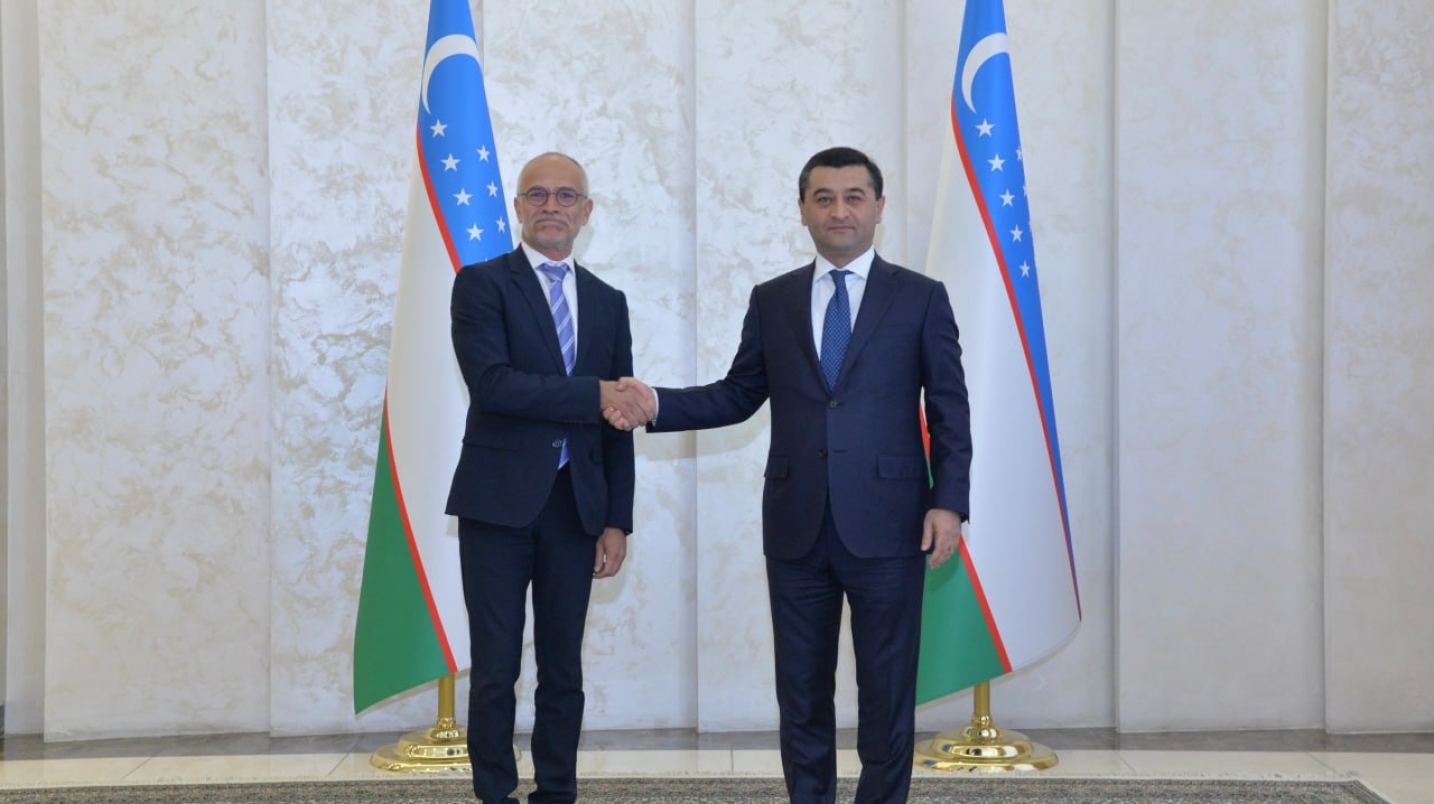From the silk road to shared values: Uzbekistan’s rich heritage and its enduring bond with Benin

Seventeen years ago, on August 17, 2005, the Republic of Uzbekistan and the Republic of Benin officially established diplomatic relations—a moment that marked the beginning of a journey toward deeper cooperation and cultural exchange.
Since then, both nations have expressed a shared commitment to mutual support on the international stage, particularly within the framework of the United Nations.
Today, this relationship continues to evolve as Beninese citizens grow more curious about the heart of Central Asia—Uzbekistan.
“Uzbekistan is a destination that offers timeless beauty and immense historical value,” said Adkhamjon Janobiddinov.
Uzbekistan, a landlocked nation situated in Central Asia, is a cradle of civilization with over 3,000 years of recorded history.
Once a key player on the fabled Silk Road, the country boasts seven UNESCO World Heritage Sites and thousands of architectural marvels.
Cities such as Samarkand, Bukhara, Khiva, and the capital Tashkent stand as living museums, each offering more than 2,500 years of history.
Tashkent, the nation’s capital, is a striking blend of Soviet-era architecture and modern skyscrapers.
The historic Chorsu Bazaar, one of Central Asia’s oldest traditional markets, continues to thrive in the city’s heart.
Samarkand, with its grand Registan Square and Shakhi-Zinda complex, draws comparisons to Athens, Cairo, and Damascus for its millennia-old cultural wealth.
Meanwhile, Khiva and Bukhara remain open-air museums, and the city of Kokand in the Fergana Valley is celebrated for its artisans who continue the legacy of Silk Road craftsmanship.
Beyond its urban splendors, Uzbekistan’s geography is equally diverse.
The Chatkal Mountains and the vast Kyzylkum Desert shape its landscape, while the tragic decline of the Aral Sea—a once vast lake now 90% depleted due to Soviet-era mismanagement—has become a stark symbol of environmental neglect.
Yet, efforts are underway to rehabilitate the area, turning the Aral region into a destination for ecological tourism, complete with a ship cemetery that has become a haunting yet popular site.
Uzbekistan’s legacy is not confined to its physical landmarks.
It has birthed some of the greatest minds in science and philosophy. Muhammad Al-Khwarizmi, the father of algebra and algorithms, was born in Khorezm.
His seminal work al-jabr laid the foundation for modern mathematics and computing.
Ibn Sina, or Avicenna, revolutionized medicine with The Canon of Medicine, a reference in both East and West for over a millennium.
Al-Biruni, another Uzbek intellectual giant, calculated the Earth’s radius with astonishing accuracy, using rudimentary tools and sheer intellect.
Despite the distance separating Uzbekistan and Benin, the two nations share profound cultural similarities.
Both boast youthful populations, vibrant cultural traditions, and a deep-rooted respect for family as the cornerstone of society.
These shared values form a powerful bridge between the two countries, offering hope for stronger partnerships in the future.
As Uzbekistan opens its arms to the world, it continues to captivate with its stories—stories that now reach the people of Benin, fostering greater understanding, connection, and global harmony.
Source: 24haubenin
About The Author
dailymailafric
I am an avid African news observer, and an active member of Daily Mail Africa.
I’m Passionate about staying informed on diverse topics across the continent,
I actively contribute to publishing on political, economic and cultural developments in Africa.



